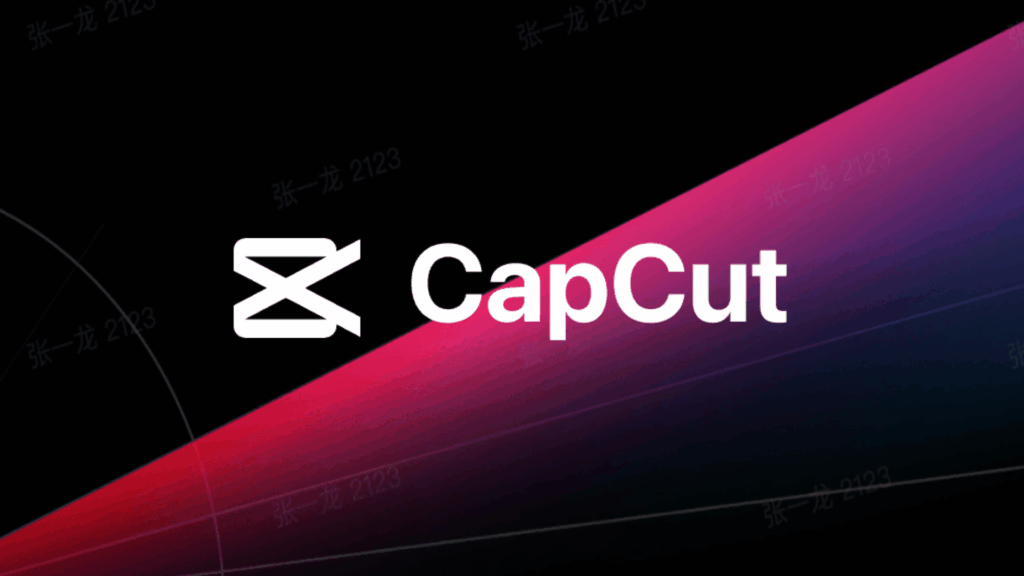- Capcut’s new terms let you use your face and voice in ads without paying you
- Upload to Capcut now means giving up the control of its content forever, even unpublished clips
- Using capcut means that you accept new terms automatically
Capcut, widely promoted as one of the best free video editors by creators and marketing specialists for its powerful editing characteristics, has made a silence in its terms of service that should worry users everywhere.
This change means that users will deliver the rights, not only to their images, but also to their face, voice and creative efforts, all without compensation.
This has triggered concerns, since critics warn that the movement effectively delivers the perpetual control of its content to the platform.
Its content will become its permanent property
“Capcut now includes a broad language that gives them a world license, royalty free, sublicensable and transferable to use, reproduce, distribute, modify, adapt, perform publicly and create derived works from their content,” says Claudia Sandino, director of Omnivore.
The terms reviewed not only apply to public publications; The company also claims the rights to the content generated by the user, including voice, face and image, whether the video is published or not.
“If you upload a video of yourself, or even an off voice, you can legally use it in an ad or other media without notifying or compensate,” says Sandino.
More worrying is the “perpetual” nature of this license; Capcut retains the rights even after a user eliminates his account, as Sandino points out, “Capcut goes beyond the majority when claiming the rights of use on the content that creators often assume that it is private or controlled.”
For a tool often considered by many as the best video editing application, these terms are out of tune with what users expect from creative software.
The legal position of such terms still is still clear for many, although the creators technically have their similarity and voice under the right of advertising laws, the application becomes difficult once a user accepts these radical terms.
“Most creators do not know that uploading a clip, even a draft, could legally renounce their rights,” says Sandino.
The fact that there is no option does not further complicate the situation for professionals who use Capcut for commercial or client work.
Capcut users currently have limited options, and anyone who uses it is in accordance with the terms updated by default, so some may want to change to more friendly platforms for creators such as Adobe Premiere either Davinci resolves.
Capcut, owned by Bytedance already grouped with contenders for the best video editing software, now runs the risk of alienating its user base when moving from a tool to a distribution engine.
Ethically, companies such as Capcut must reveal terms in a clear language, offer options and compensate for creators when their content is monetized.
“Using your work without consent or payment is not just unusual, it is exploiting … This affects the future of creative property as a whole,” Sandino added.
Through Hellopartner




